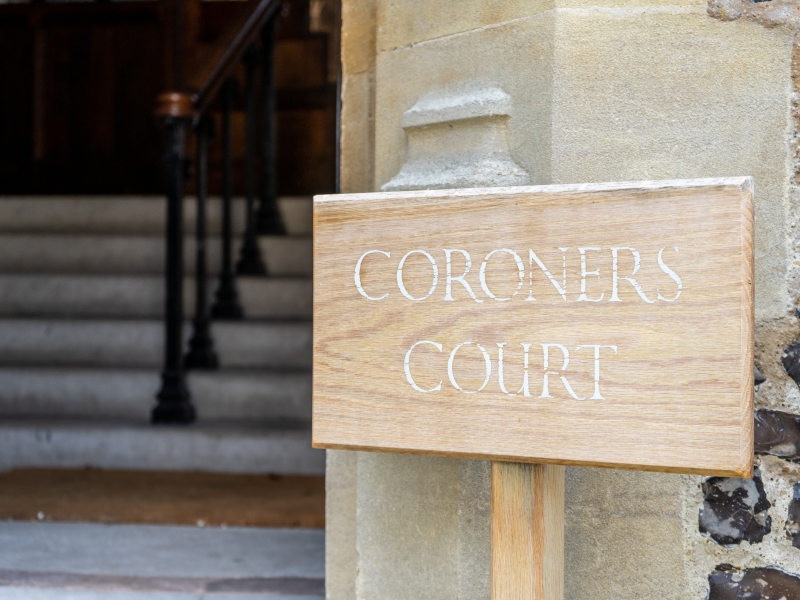
Social media: responding to leaks, criticism and trolls
Negative online content can be a source of stress for staff, pupils the wider school community and stakeholders. Along with taking an emotional toll, the content can also pose the threat of long-term reputational damage to the school. Below are three examples of the sort of issues we advise on, along with some tips about how to respond.
Arrest of a staff member
People are concerned about how to communicate about arrests of staff, but in truth the individuals concerned enjoy a high degree of privacy at such times and it can be highly inappropriate or even illegal to say anything at all. But what if confidential news is posted online by members of the broader community?
The golden rule here is to monitor for mentions but not engage publicly. Assess the situation in a calm and thoughtful manner, and remind your internal team of your social media protocol which will advise against public commentary. Social media posts very often do not gain any traction, but it will still be important to inform your lawyers and advise the police who should be able to take steps to get the post removed. Update your internal Q&As to anticipate difficult questions from those who have seen the post, but don’t say anything publicly. Do not be spooked into deviating from your communications plan.
Online criticism
People who feel personally aggrieved by an educational institution can direct their anger towards a school’s social media platforms. This can arise as a result of historic abuse and racism scandals, experiences of bullying, maltreatment regarding gender and sexual orientation and many more wide-ranging issues. What actions should a school take to deal with persistent negative criticism from an online commenter?
The key here for the school is not to engage in a war of words with the commenter. There is little or no benefit to engaging online with the commenter and this approach only serves to escalate the situation and direct attention towards the comments. A practical approach is to consider closing comments on certain posts and blocking certain profiles. Also, it can sometimes be advisable to report inappropriate comments to the social media platform in question. This not only presents the opportunity of the comments being taken down but also creates a paper trail of cited comments which will back up the school’s position if the problem persists and further action is required. Lastly, if the commenter is known personally to the school, there is the option of engaging in direct contact with the goal of creating a dialogue with the individual and amending the situation. The crucial aspect here is getting the conversation offline and using personal relationships to resolve the issue.
Anonymous online accounts
Lastly, malicious anonymous accounts can surface and wreak havoc on a school’s online presence and cause immense distress. What measures can a school take to deal effectively with this problem?
Again, reporting comments to social media platforms, blocking profiles and closing comments can all help alleviate a situation. But in serious cases you could also use an online forensic investigator to unmask the troll before considering taking legal action once their identity is known. The people who are so vocal under the cloak of anonymity quickly change their behaviour when exposed.
It is important to approach these scenarios strategically and calmly. Through practical measures and a clear plan, a school’s reputation can be protected.
Remember too that any damage to a school’s online image does not have to be permanent. Our online reputation repair partners will restore your reputation to ensure prospective parents are not deterred by scarring on Google, Wikipedia and news tabs.
If you would like to know more about this or any aspect reputation management please do not hesitate to contact us.







